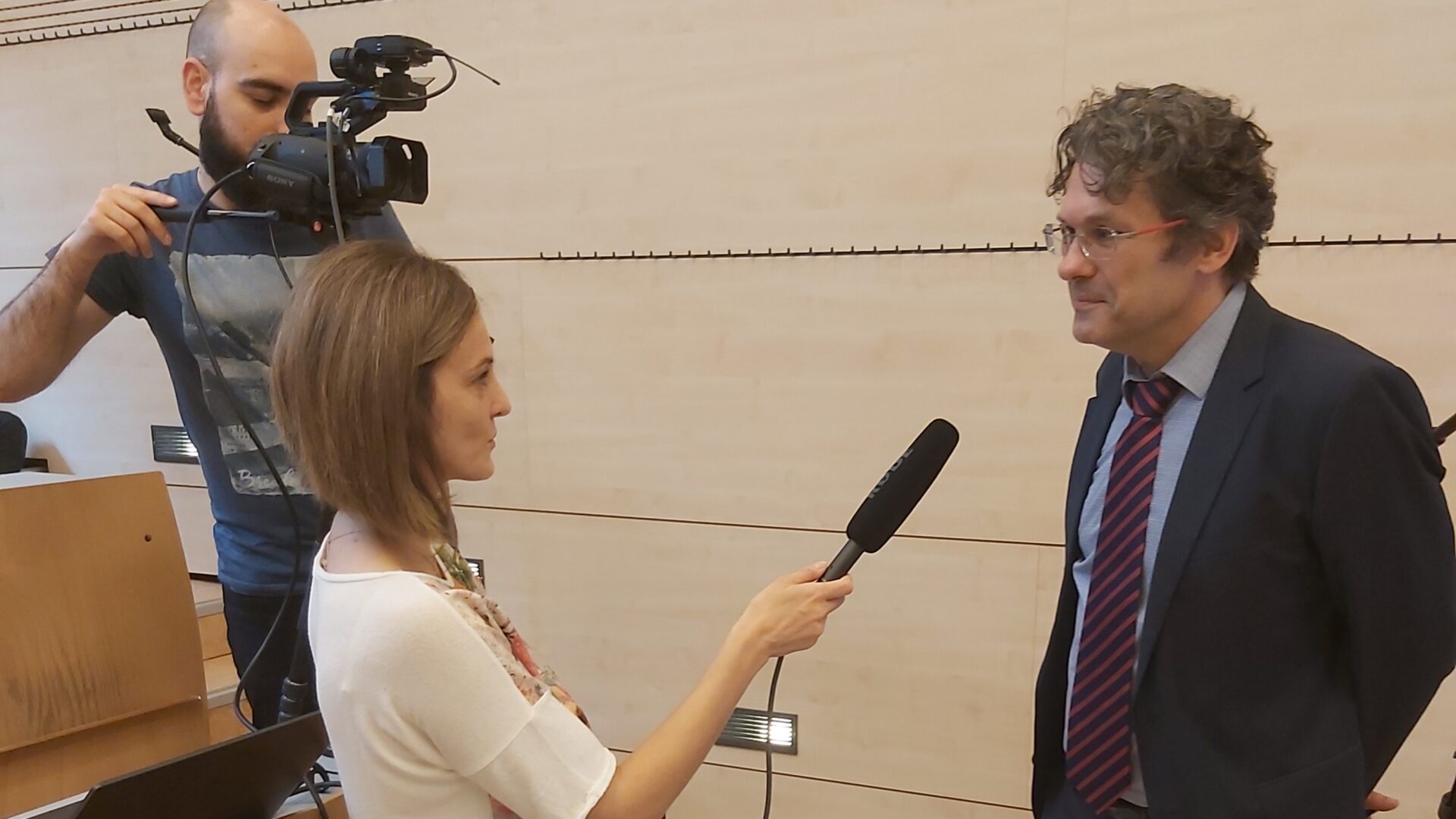Knowledge Utilization through the EcoAction Project at Obuda University
Across Europe, including in our country, it is a significant issue that the knowledge generated at universities is not efficiently utilized in industry. The EcoAction project, launched two years ago under the title "Action to Boost Ecosystem Impact through Cross-partner Learning," aims to help universities exploit their innovation potential and convert knowledge and technology into business value. This project was introduced at an online press conference held at Obuda University on May 30.

"In order for university students to acquire the mindset and skills necessary for innovation and entrepreneurship, a special form of education is required. Just as athletes best prepare for the Olympics through world competitions, the knowledge and mindset needed for innovation can only be acquired by developing real ideas, starting businesses, competing for resources, and gaining practical experience that comes with it," said Dr. Zsombor Zrubka, head of the Health Economics Research Center at the University Research and Innovation Center of Obuda University, responsible for the implementation of the EcoAction project in Hungary. He added that building on the Hungarian Startup University Program (HSUP), Obuda University created the Proof of Concept (PoC) project and the related course, from which several university startups have emerged. These include a real-time environmental monitoring system that sends immediate notifications to users or the relevant authorities in case of contamination, an eco-friendly straw-based insulation system, an application to help those with learning difficulties in language learning, and a virtual and augmented reality-based human anatomy program that allows users to literally see inside bodies.
The online press conference also featured the CEO of the other Hungarian participant in the EcoAction project, the Pannon Business Network (PBN), who stated that in their innovation center, interested parties can learn about unique manufacturing simulation infrastructure and modern solutions, including manufacturing process optimization, real-time data collection and analysis, forecasting future trends, energy efficiency, waste reduction opportunities, robotics, automation and optimization, and artificial intelligence services. The first startup competition organized in collaboration with the Szombathely Municipality attracted nearly 180 visitors. Among the ideas presented were a remotely controlled medication dispenser for dementia patients and a new procedure developed for the diagnosis of prostate cancer.



